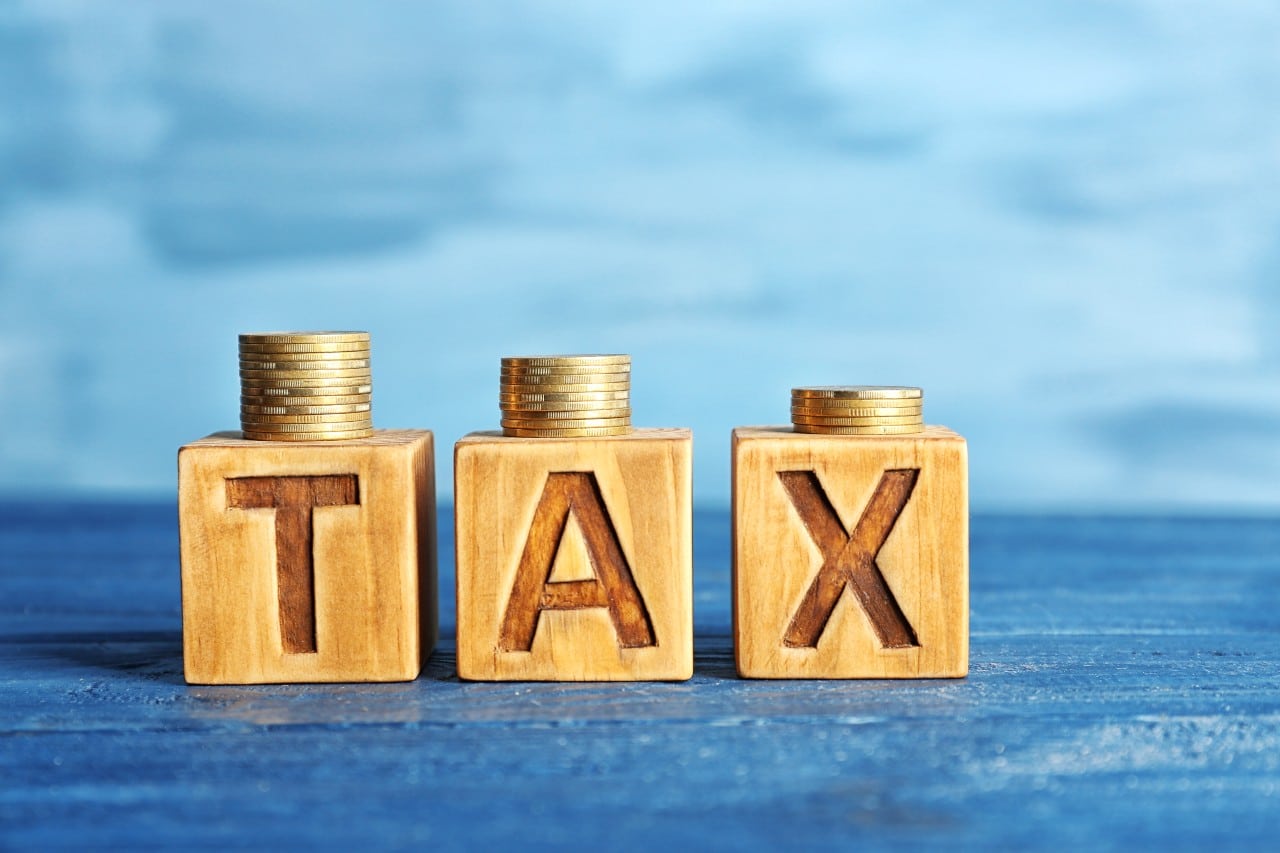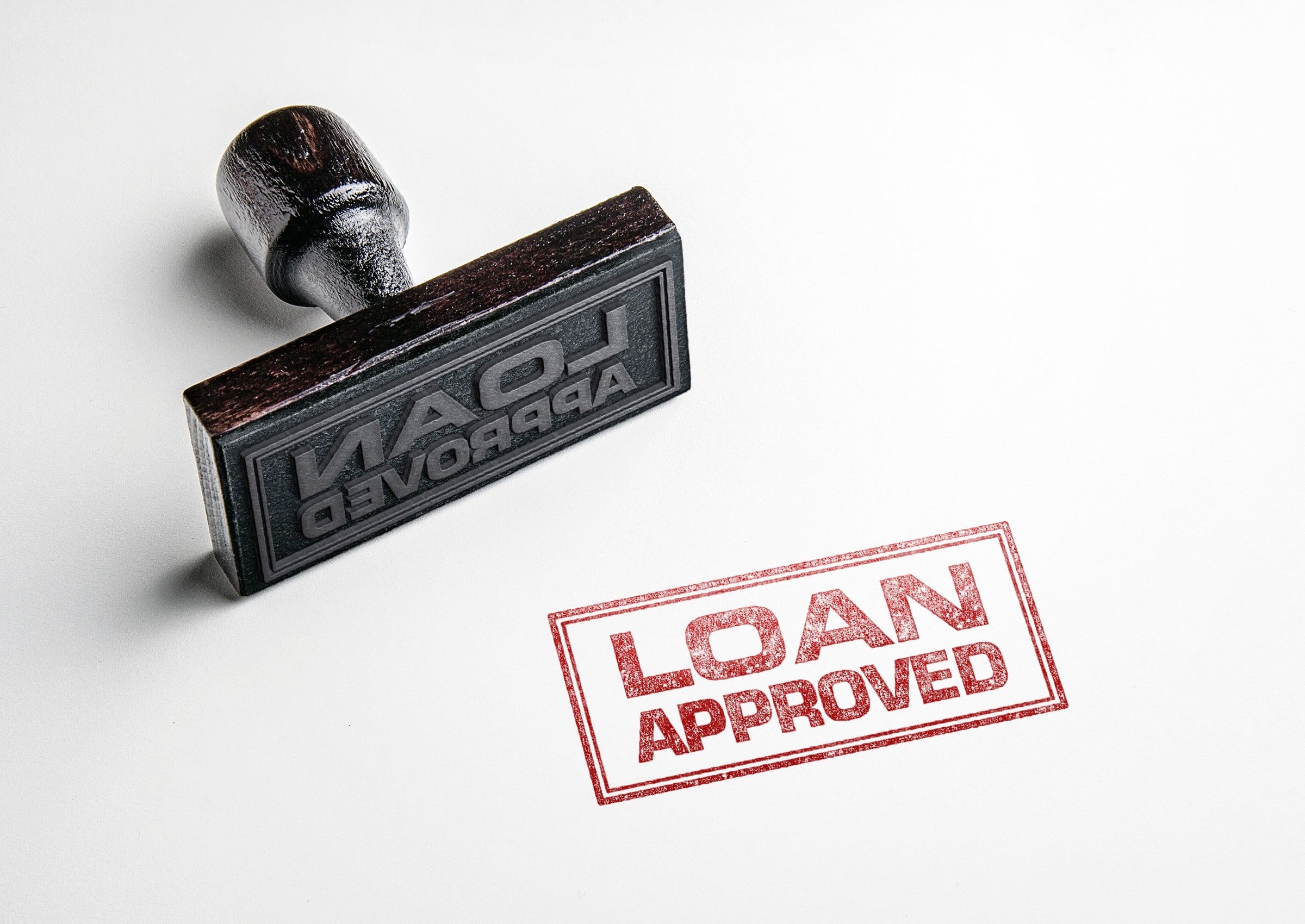A salary with the same paycheques on the first and fifteenth of every month has become less common every year. Many Canadians work hourly, in the gig economy, on commission, or pick up extra work to make ends meet. With irregular income, money management is more challenging. Creating a budget on an irregular income to pay bills and add to savings gets complex.
Traditional budgeting methods fall short as Canadians face sporadic monthly incomes. For those working on contract jobs, the practical challenges of money management are multiplied. Many have more than one job, seasonal projects, and no predictable income stream. Financial anxiety builds, making it even more challenging to get ahead.
Traditional budgeting just will not provide the answers for budgeting on a variable income. Last year’s income divided by 12 months does not create an accurate monthly budget when you have different contracts every year. Especially, when there are gaps between contracts.
There are ways to adjust. Although the gig economy is relatively new, commission and contract workers have been around forever. We can take some lessons from the books that have worked before and modernize them for today.
- Budget With a Variable Income
- Understand Your Income
- Calculate Your Recurring and Essential Expenses
- Calculate Your Discretionary Expenses
- Allocate Your Pay
- Zero-Based Budgeting
- How to Handle Debt Repayment?
Budgeting With a Variable Income
The core of money management with a fluctuating income is to “get ahead of it.” Essentially, you’ll have months with income levels higher than your expenses. In those months, you put money away to finance the months when your expenses are higher than your income.
When you get ahead of the fluctuations, you use short-term savings to hold you over until another good month. If you get behind, you’ve probably found that you use credit to make up the difference. It doesn’t take long before using credit to bridge the gaps ends up as credit card debt.
Understand Your Income
Money management starts with gathering some data. Every budget starts with how much you make and how much you spend. You may have to do more work to get the information you need if you have an irregular income.
Check your bank account to see which months had more deposits than others. Find whatever month-to-month patterns you can. Go back as far as you can. Is summertime slow? Or do you have extra work during the summer months? Do you have more earnings leading up to the holidays at the end of the year? Does that drop off mid-December? Or do you have extra money coming in until early January?
Once you have several months’ income documented, divide the total by the number of months to determine your average income.
Calculate Your Recurring and Essential Expenses
Take a look at what you pay out every month. Your rent, car payment, car insurance, student loans, groceries, gas, and other basic, recurring expenses show up every month. Let’s imagine it costs you $2,500 a month for the basics.
If you need money to make money, add those expenses, too. Do you need an annual membership to a specific SaaS to do your job? Do you need to buy and maintain your tools? If you need a hammer to do your work, add the price of a hammer to your expenses as frequently as you need a new one.
Calculate Your Discretionary Expenses
This is the money you spend by choice. For example, while groceries are in the essentials category, restaurant food usually fits here. By definition, these products and services are what you could reduce or do without entirely, at least in the short term.
For example, if you need to buy a uniform for work, that would be an essential expense. New clothes, on the other hand, are something most people can do without, at least for a short time.
Allocate Your Pay
Have you heard of the “envelope budget?” It’s a reliable money management technique that’s easy to use. Once upon a time, people would get the cash from their pay, divide it into categories, and label envelopes to match. The cash went into the envelope, and when you ran out of cash for that category, you had to wait until your next paycheque.
Some people find this analogue method using envelopes works well. In this digital age, most people access several bank accounts for different purposes. At the very least, keep short and long-term savings out of the checking account you use for bills! Interest rates won’t pay much, but a high-yield account to save money makes you pause before you make a transfer.
Zero-Based Budgeting
Zero-based budgeting uses every bit of your average monthly income by giving every dollar a purpose. You allocate your income to expenses, meet short and long-term savings goals, and repay debts. There’s flexibility in this system. The categories (like envelopes) can be the same every month, but they don’t have to be.
If you have some left in a category, add it to next month or move it into another category. (This is a great way to top up your emergency fund!) This zero-based budget system keeps you aware of every dollar as it flows in and out. It may prevent you from spending money and is easy to customize. This is a really good system if you feel you don’t have control of your money. Just be sure to add in those variable expenses like wedding and shower gifts or replacing a broken phone.
What About Debt Repayment?
If you need to repay debts, the first step is to do whatever you can to stabilize your cash flow. Get to the bottom of why your debts grow. Are you eating out often or maybe haven’t adjusted your budget to reflect inflation? once you’re narrowed down the issue, make a plan to stop them from growing further. You may need to make a few minimum payments until you get a plan in place.
To get out of debt it’s important to stop living in the borrow-repayment-borrow-more cycle without addressing the underlying problems. You may need to change your lifestyle and refocus your financial choices so you don’t end up in an endless debt cycle.
One way you can move toward debt repayment is to talk to one of our Credit Counsellors. They can explain how restructuring your debts may make money management easier with a variable income.










